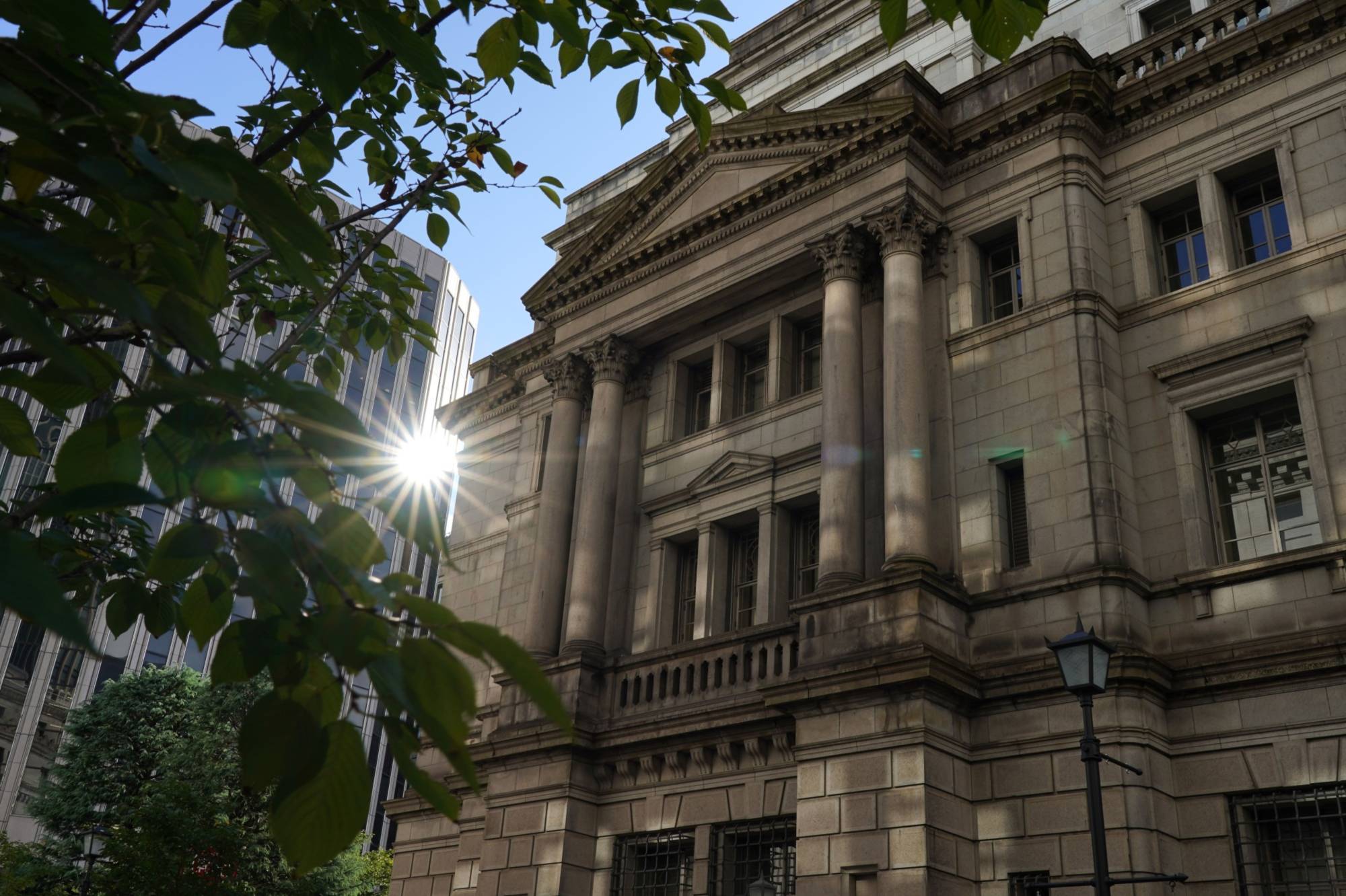The Bank of Japan will scrap its negative interest rate policy and double the ceiling on its bond yield target in October as support for aggressive stimulus weakens, according to analysts at Bank of America Securities.
"We expect pressure to bring forward normalization to grow over the coming quarters as the rising cost of food and energy potentially triggers backlash from households, resulting in reduced political support for the BOJ and its aggressive easing policies,” Bank of America analysts including Izumi Devalier wrote in a note this week.
The report is likely to fuel continued speculation over possible BOJ policy normalization even though Gov. Haruhiko Kuroda has repeatedly and strongly rejected the idea, given ongoing weakness in Japan’s inflation.


















With your current subscription plan you can comment on stories. However, before writing your first comment, please create a display name in the Profile section of your subscriber account page.